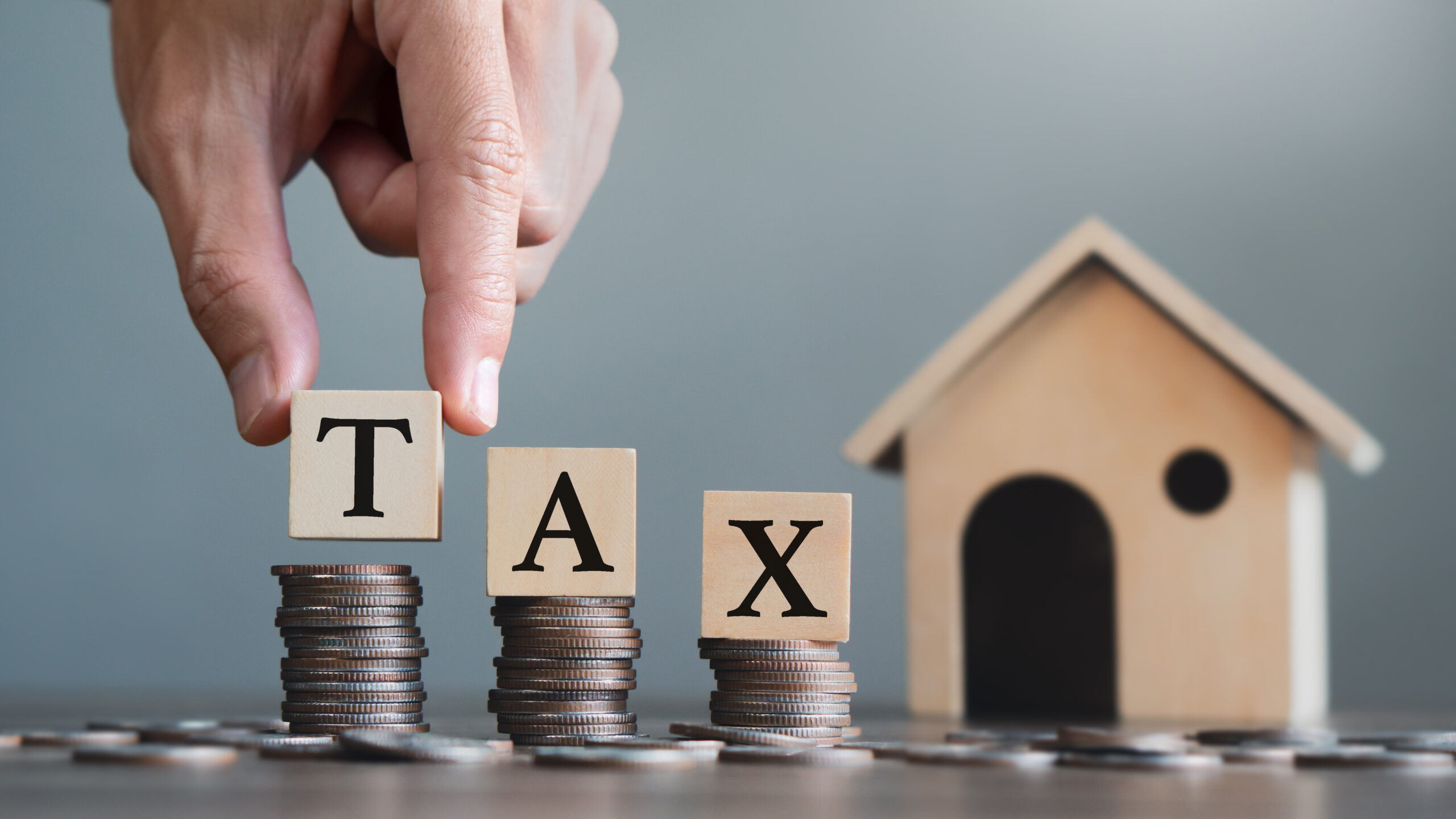What is Depreciation in Real Estate?
We will try to keep this simple and concise. Which, consequently, may leave out a few details and the math won’t be perfect. However, it should be easier to understand the definition. Keep in mind that I’m not a CPA.
An Example of Real Estate Depreciation
Let’s say you buy a house for $100k.
You then allocate 90% of the price to the value of the building and 10% to the value of the land it sits on. A CPA calculates this percentage, and the purpose of the depreciation schedule is discussed and decided.
Then, you can depreciate 90% of $100k over 27.5 years. Where does 27.5 years come from? It’s the amount set by the fed for residential.
As an equation, it would look like this: $90,000/27.5 years = $3,273.
$3,273 would be the “paper loss” or depreciation each year.
I know this is a lot of numbers being thrown your way but bear with us. Let’s say $5k of income is made from that property over a year. However, in depreciation alone, it shows a $3,273 loss bringing down the income to $1,727. Taxes will only be paid on the $1727.
In other words, It is a massive tax break.
An extended look at depreciation recapture
Let’s fast-forward the previous example five years. You’ve taken $16,365 as depreciation, which is essentially income that doesn’t require taxes to be paid.
Now, say you decide to sell at the end of 5 years.
After five years, the property is worth $120k. It might seem that when you sell the property for $120k after buying it for $100k, you profited $20k and would need to pay long-term capital gains tax on the $20k profit.
However, because of depreciation recapture, the government, in layman’s terms, says, “Oh, no! Since you’re deciding to sell, we want you to repay and “recapture” the taxes you avoided through depreciation.” Therefore, you need to add that $16,365 back into the equation. This is called adjusting the cost basis.
For tax purposes and explanation purposes, that $16,365 is subtracted from the original purchase price. Instead of it being the property was bought for $100k, now it’s like you bought the property for $83,635.
Therefore, when you sell for $120k, a much larger profit will be shown. Now, taxes must be paid on that $16,365 that wasn’t paid for the past five years.
This is WHY people do 1031 tax exchanges. Essentially, when you do a 1031 tax exchange, you can sell the property, immediately buy another property, and avoid the depreciation “recapture”. Don’t worry, FIRE Realty is going to cover 1031 exchanges in another blog post. Stay tuned!
-Insight from Joe Hammel







